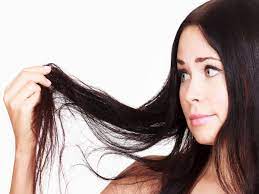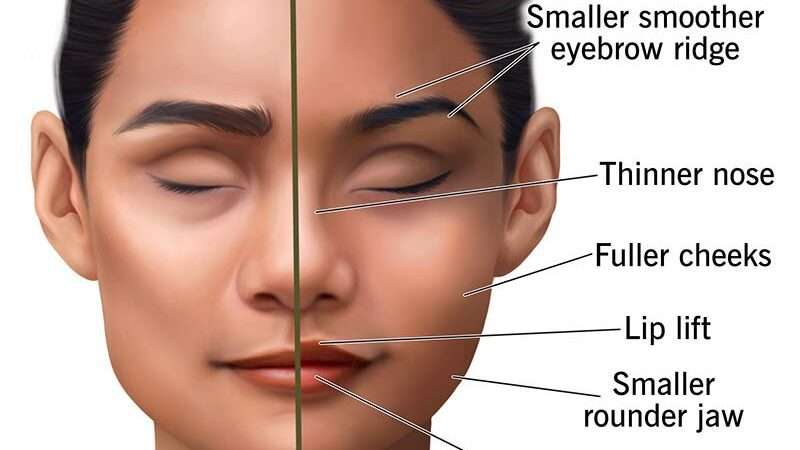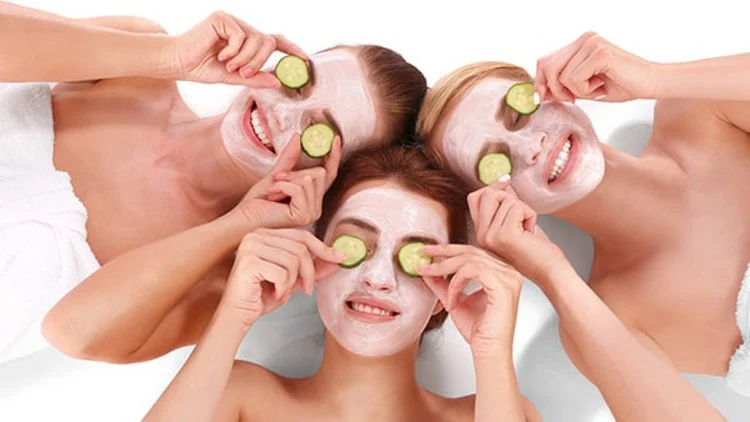Managing Oily Hair: Expert Tips and Tricks

For many, the struggle with oily hair is a daily battle. You wash your hair in the morning, and by midday, it looks like you haven’t washed it in a week. Oily hair can be frustrating, but with the right care and knowledge, it can be managed effectively. Dive in as we unpack some expert tips and tricks to help you combat that unwelcome greasiness and achieve fresher, bouncier locks.
Understanding Oily Hair: The Basics
Oily hair is typically the result of an overproduction of sebum – the natural oil produced by your scalp. While sebum is essential for healthy hair, providing it with moisture and protection, an excess can leave your locks looking flat, lifeless, and greasy.
Several factors can contribute to an oily scalp. These include genetics, hormonal fluctuations, diet, and even the hair products you use. Speaking of products, while many might seem like they’re helping, some can exacerbate the oiliness. So, always read the labels. For instance, using a product like Kerastase oil might be fantastic for someone with dry hair, but might not be suitable for those battling with excess sebum.
Expert Tips for Tackling Oily Hair
1. Shampoo Smartly: It’s a myth that washing your hair daily can “dry out” your scalp and make it produce more oil. In reality, if you have an oily scalp, daily washing can help. Opt for a mild, sulfate-free shampoo designed for oily hair. When shampooing, focus on the scalp, not the lengths of your hair.
2. Condition Correctly: While shampooing focuses on the scalp, conditioning should focus on the tips. If you have oily hair, your scalp already has plenty of natural moisture. Use a lightweight conditioner and avoid the roots.
3. Rinse with Cold Water: After shampooing, a cold-water rinse can help tighten the pores on your scalp, reducing the amount of sebum that’s produced.
4. Limit Heat Styling: Excessive heat can stimulate oil production. If you must use heat, always use a heat protectant.
5. Avoid Touching Your Hair: It might sound trivial, but constantly brushing or touching your hair can spread oil from your scalp to your strands.
Dietary Considerations: You Are What You Eat
1. Stay Hydrated: Drinking adequate water can help balance the scalp’s oil production.
2. Eat a Balanced Diet: Diets rich in processed foods and saturated fats might increase oil production in your skin and scalp. Focus on consuming lean proteins, whole grains, and fresh fruits and vegetables.
3. Incorporate Vitamin B and Zinc: Both are known to help regulate sebum production. Foods like lean meats, nuts, eggs, and whole grains can be beneficial.
Home Remedies: Natural Solutions to Try
If you’re looking to experiment with natural remedies, here are a few to consider:
1. Apple Cider Vinegar Rinse: Diluted apple cider vinegar can help balance the pH of your scalp and reduce oiliness. Mix 2-3 tablespoons with a cup of water, and use it as a rinse after shampooing.
2. Aloe Vera: This plant is known for its soothing properties. Mix a teaspoon of aloe gel with your regular shampoo and wash as you typically would.
3. Egg Whites: They can help tighten the pores and reduce oiliness. Apply beaten egg white to your scalp, leave it on for 15-20 minutes, and then rinse.
The Right Products and Tools
1. Dry Shampoo: This is a savior for those with oily hair. If your hair starts looking greasy during the day, a spritz of dry shampoo can absorb the excess oil, giving your hair a fresh look.
2. Boar Bristle Brush: Unlike synthetic brushes, boar bristle brushes distribute the hair’s natural oils from root to tip. This helps keep the scalp’s oil levels balanced.
3. Hair Masks: There are several clay-based masks available that can help absorb excess oil from the scalp. They can be used once a week for best results.
Final Thoughts
Oily hair can indeed be challenging, but with the right approach, it doesn’t have to rule your life. By understanding the root causes, adjusting your hair care routine, considering dietary changes, and experimenting with natural remedies, you can effectively manage and reduce the appearance of greasy locks.
And remember, every hair type comes with its own set of challenges. Embrace yours, and with these expert tips and tricks, you’ll be well on your way to fresher, vibrant hair in no time. Whether you’re using specialized products or incorporating natural remedies into your routine, always be mindful of your unique hair needs. After all, beautiful hair is about health, care, and a touch of personal flair.




